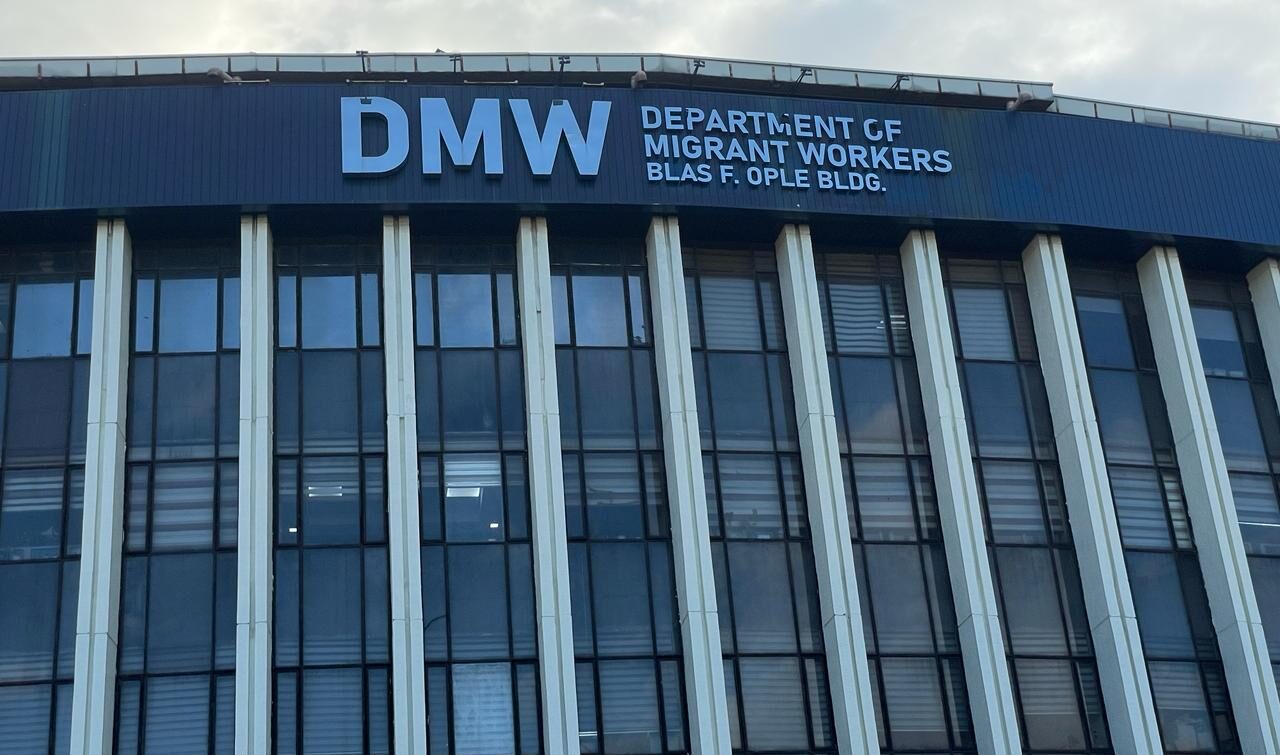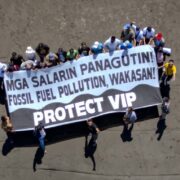Seafarers’ employers deemed liable for safety in war zones

The Department of Migrant Workers (DMW) on Saturday said it mandated local manning agencies, accredited shipping principals and employers to ensure the implementation of the seafarers’ right to refuse to serve on vessels plying high-risk and war-like sealanes, particularly the Red Sea and the Gulf of Aden.
In a department order dated March 21, the DMW laid down the guidelines for the observance of the International Transport Workers Federation and International Bargaining Forum designation of the Red Sea and the Gulf of Aden as “high-risk areas” and “war-like zones” (WLZs).
The department advised employers to allow seafarers to freely decide to refuse sailing in the identified areas “without discrimination and prejudice” to their present and future employment, or to industry standards for wage, compensation and benefits.
The manning agencies were also told to ensure that matters related to the high-risk and war-like zones had been explained to the seafarers prior to their deployment, and that those who will invoke their right to refuse sailing in said areas or zones would be safely repatriated.
Even if Filipino seafarers agree to serve on voyage in such areas, the DMW said agencies and employers must provide additional compensation and security measures.
“Consider the provision of additional compensation/bonuses and security measures like maritime security escorts and/or security personnel onboard, on top of those mandated,” the agency said.
“Report the scheduled passage of ships and those Filipino seafarers on-board in the said areas/zones as a significant event in the OFW (overseas Filipino workers) Welfare Monitoring System upon their deployment,” it added.
The DMW also asked the employers to consider diverting their routes to avoid the Red Sea, the Gulf of Aden and their surrounding areas or waters altogether. INQ

















